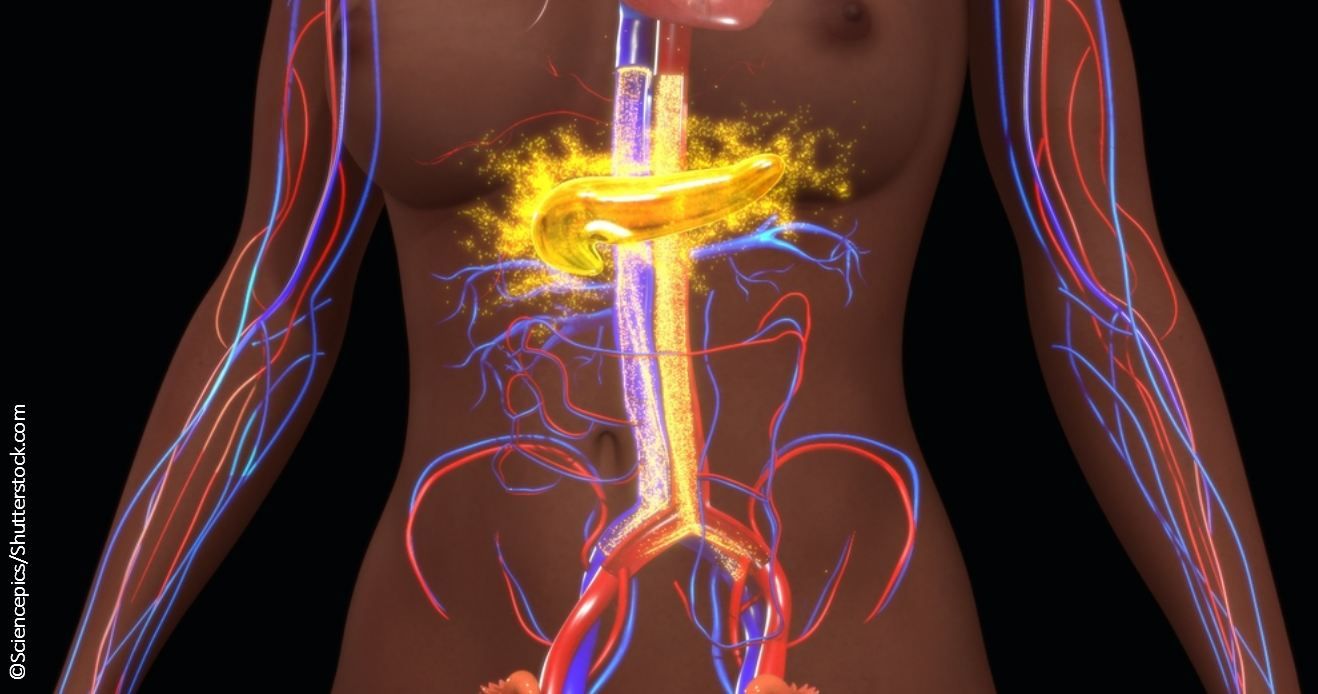- Clinical Technology
- Adult Immunization
- Hepatology
- Pediatric Immunization
- Screening
- Psychiatry
- Allergy
- Women's Health
- Cardiology
- Pediatrics
- Dermatology
- Endocrinology
- Pain Management
- Gastroenterology
- Infectious Disease
- Obesity Medicine
- Rheumatology
- Nephrology
- Neurology
- Pulmonology
What Cause of Bloating, Oily Stool, and Diarrhea?
These symptoms are recurrent despite patient's adherence to enzyme replacement therapy for pancreatitis. Your next step?
A 54-year-old woman with a history of chronic pancreatitis secondary to alcohol abuse presents to your office with a chief complaint of diarrhea, weight loss, and foul-smelling, oily stools. After an appropriate workup, you diagnose her with exocrine pancreatic insufficiency and initiate pancreatic enzyme replacement therapy. She responds well to the medication and her diarrhea resolves and she begins to regain the weight she lost.
She returns 6 months later with a complaint of return of oily stools and diarrhea, this time associated with significant bloating. She says she has strictly adhered to the enzyme replacement regimen.

What is the next step in evaluation?
Clinical Tips for Using Antibiotics and Corticosteroids in IBD
January 5th 2013The goals of therapy for patients with inflammatory bowel disorder include inducing and maintaining a steroid-free remission, preventing and treating the complications of the disease, minimizing treatment toxicity, achieving mucosal healing, and enhancing quality of life.
